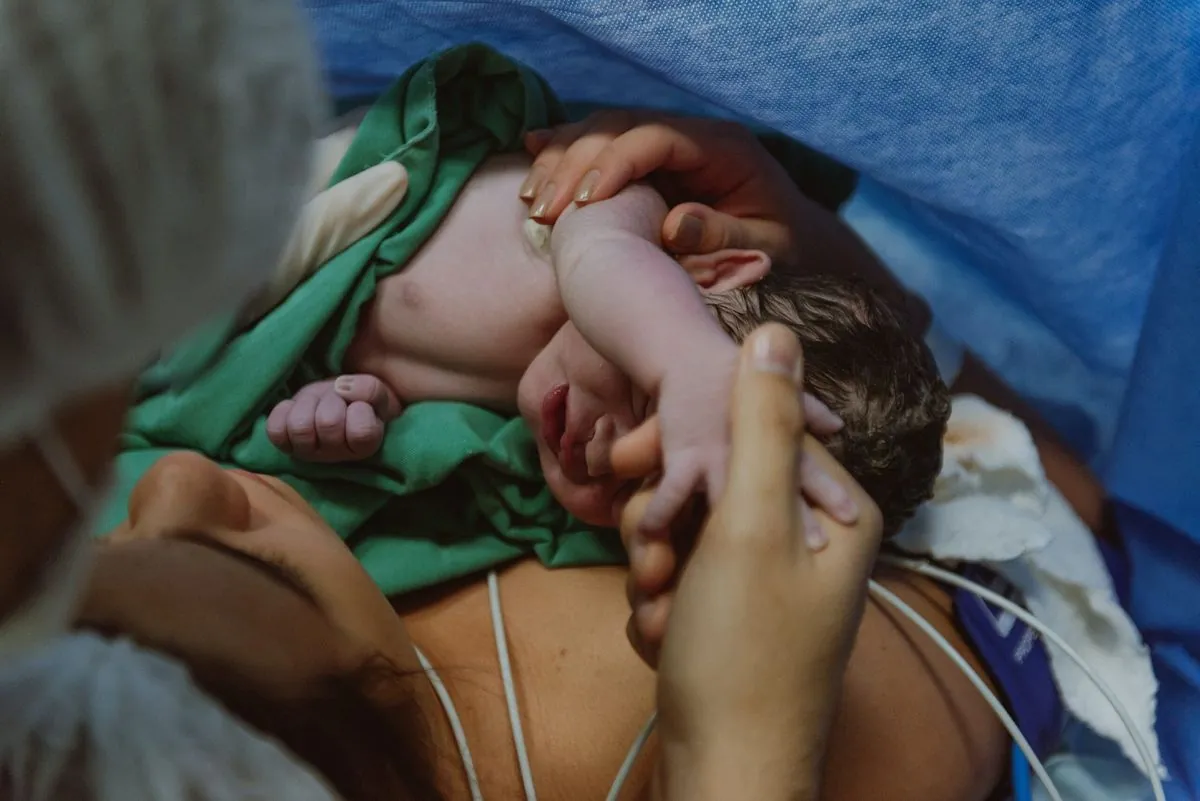In South Africa's Gauteng region, health officials are grappling with a concerning issue: the birth of HIV-positive babies despite the availability of free medication to prevent mother-to-child transmission. In the first half of 2024, 232 infants were born with HIV in this area, which encompasses Johannesburg and Pretoria, home to approximately 15 million people.
Melanie Langeveldt, director for primary healthcare programs in Tshwane, expressed her worry: "It's deeply concerning that in this era, with all the free preventative programs available at our clinics, we're still seeing babies testing positive."
South Africa has made significant strides in combating HIV since the early 2000s. The country implemented a national HIV counseling and testing campaign in 2010 and adopted a universal test-and-treat policy in 2016. These efforts have contributed to reducing mother-to-child transmission rates from about 30% in the early 2000s to less than 2% in recent years.
Despite these advancements, challenges persist. The reasons for continued mother-to-child transmissions are multifaceted:
- Late presentation for prenatal care
- Lack of awareness of HIV status
- Treatment interruptions due to migration
- HIV infection during pregnancy or breastfeeding
- Non-adherence to exclusive breastfeeding guidelines
To address these issues, health officials are launching widespread campaigns to inform women about the importance of early and consistent prenatal care. Langeveldt emphasized, "Our services are free. We urge pregnant women to come forward so we can assist in preventing transmissions."
South Africa's commitment to combating HIV is evident in its implementation of the world's largest antiretroviral treatment program. The country has also integrated HIV services into maternal and child health programs and made HIV testing mandatory for pregnant women unless they opt out.
"I took my medication throughout my pregnancy, and after birth I still continued with my treatment. After I gave birth I still continued with my medication and my child was also given medication for the first six months after she was born."
Radebe's story exemplifies the success of South Africa's Prevention of Mother-to-Child Transmission (PMTCT) program. She tested positive for HIV in 2015 and has since given birth to two HIV-negative children, with her second child born in 2024.
As South Africa aims to eliminate mother-to-child transmission by 2030, the country continues to increase domestic funding for its HIV response and implement community-based HIV testing and counseling services. These efforts, combined with ongoing education and support for pregnant women, are crucial in the fight against pediatric HIV infections.
